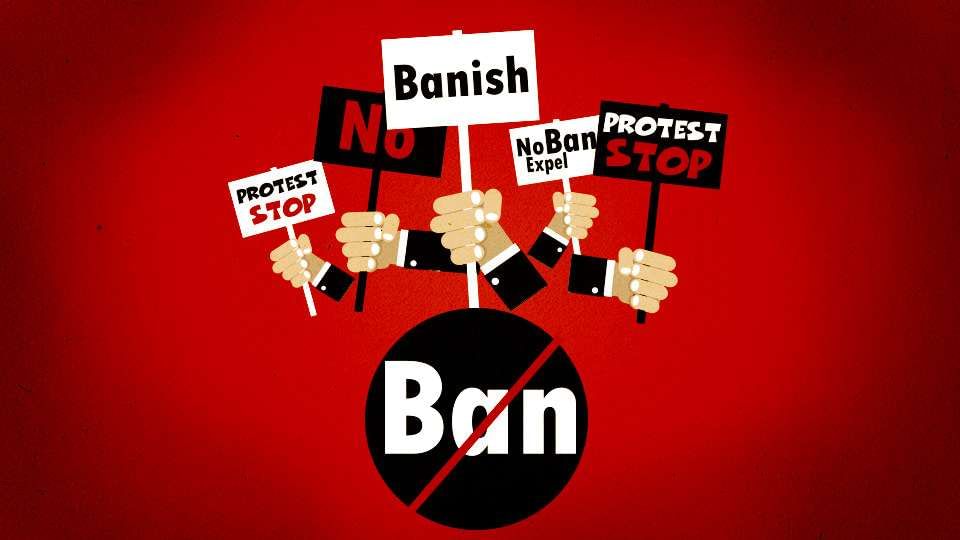Ban the Banning
Sadhguru looks at how imposing bans can be detrimental to growth in a democratic society.

Sadhguru: For some time now, we are noticing that everything, whether it is books, documentaries, or movies – everything is getting banned without a thought, almost as a hasty response to avoid trouble. But true democratic thinking does not resort to banning somebody's opinion. It knows that somebody's opinion is not the ultimate truth. A society needs different expressions of opinions for its growth. Unless something is written or produced with the explicit intention of hurting or harming a particular group of people, of inciting violence or creating unsubstantiated defamation towards someone or something in particular, there should be no such thing as banning anything in a democratic society.
Subscribe
Unfortunately, the demands for banning various forms of art are also because there is no quick judicial recourse to correct a particular damage that may have been done. If the judicial process is quick, legal recourse would be a sensible option for defamation, and the need to ban something will be completely taken away.
In any case, if you look at it reasonably, who decides how much is enough and how much is excess? Take an example from history. Take the examples of Jesus and Gautama. Jesus was only trying to clean up religion, trying to take the business out of the temple. That's all he was trying to do. And for that, we know what horrible things were done to him for speaking up.
But in India, every guru, yogi, devotee or mystic who came at different times, said and did things that were absolutely revolutionary. Different people referred to the ultimate through different forms and names, but there was no persecution. Many derided God, but no persecution. Only debate. This culture recognised that there are as many opinions as there are people and no opinion is ultimate. Behind all organisation of opinion lurks tyranny.
When we were not defined as a democracy, we knew how to live democratically because our spiritual evolution made space for acceptance and understanding. Today, even after having the political imprint of a democratic nation, we behave like feudal lords, which is indeed unfortunate. When you live in a society, there are bound to be differences in thoughts and reactions. It is immature to talk about freedom of speech with a proviso that: “Nobody should talk against me or against what I believe.”
When somebody says something about you or anything else, listen to it, just put yourself through a scanner and see if what they are saying is true. If it is, if something needs to be corrected, let's fix it. If not, enjoy the gossip it generates. That's all there is. When your reasoning matures, then you learn to accept everything because you understand the process of life. You are not just going by logic, you are going by the reasoning of life. You have more life sense in you, not just logical sense.
Unfortunately, this has not been the way in most parts of the world. If somebody speaks something that you don't understand, you kill him or his work. And yet, ironically, this was one culture which had developed a certain spiritual stability where anyone could say anything without facing a threat of persecution or being banned. But if we forget this and continue to act authoritatively under the name of democracy as we are today, we stand to lose one of the greatest qualities we cultivated over centuries: to be seekers of liberation or mukti.
Editor's Note: This article first appeared in The Week.


